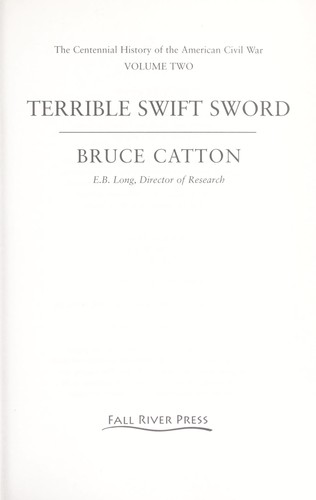


The professors of speech contributing to this volume differ hardly at all from the professional historians here represented in either die questions they ask or the answers they suggest. Auer's compilation derives from a certain uneasy feeling that Antishvery and Disunion challenges traditional historical methods all too little. Indeed, one's only serious complaint about Mr. There is hardly one of these articles which would not make a creditable showing if published in a historical journal. All the essays are fair-minded and objective all are based upon considerable research in the primary, and frequently in the manuscript, sources. Although most of die contributors are newcomers to the field of history, they have handled die took of dieir adopted discipline admirably. Douglas' Soutiiern campaign in 1860, lead to more interesting interpretations. But others, like Ralph Richardson's careful assessment of Jefferson Davis' apparendy inconsistent speeches in 1858 and Lionel Crocker's close study of Stephen A. And it ended with the Emancipation Proclamation that would deprive the Confederacy of potential allies, since no democratic nation wanted to be seen fighting for slavery.In lieu of an abstract, here is a brief excerpt of the content:ġ02CIVIL WA R HISTORY lyceums. It saw the ascendancy of George McClellan, who talked big but dodged the action to an extraordinary degree (supposedly not through timidity, but through extreme reluctance to sacrifice the men to whom he was so devoted) before resigning in order to run against Lincoln for president.

The period in question (July 1861 – October 1862) saw the opening-up of the war in the west, with sickening corruption out in the wild places with nobody watching, and slow chaos dogging the Union agenda for many months. As always with Catton, the battles are vividly described, especially the naval operations, which seem to bring out a special enthusiasm in the author (he had once served briefly in the navy, so perhaps there was still a sailor in him somewhere.) And he provides an interesting Greek chorus in the form of Charles Francis Adams, the US ambassador in London, who played a useful role in keeping Britain out of the war.

This change in the whole nature of the conflict is well-handled - both governments slowly grasping that they did not control the war, because the war was increasingly controlling them. Middle volume of Catton’s war trilogy - starting with Lincoln in shock after losing the first set-piece battle, and ending with the narrow win that gave him the authority to ‘proclaim’ (though not procure) the freedom of all southern slaves, turning the war into an abolitionist crusade.


 0 kommentar(er)
0 kommentar(er)
